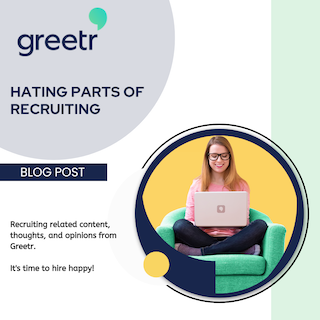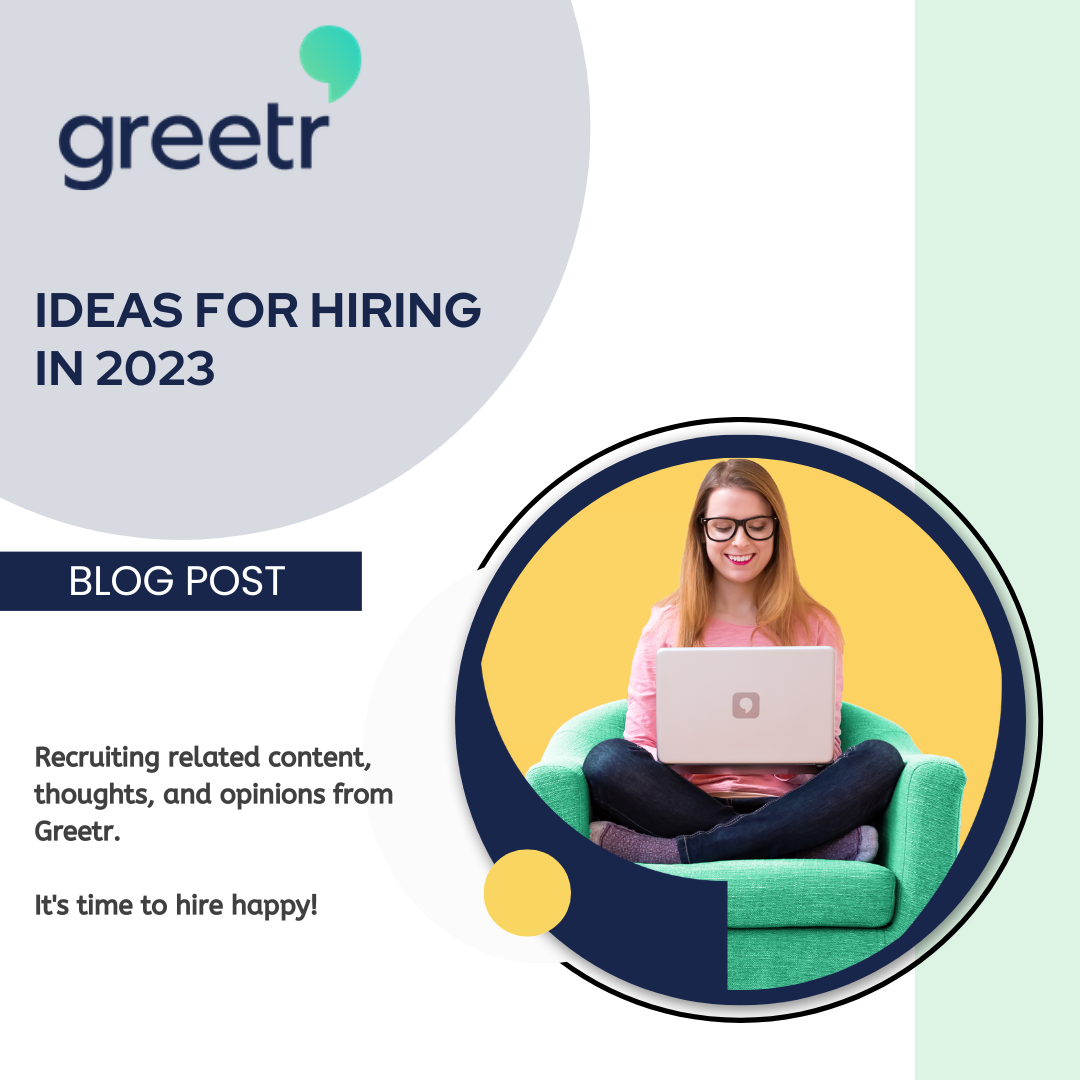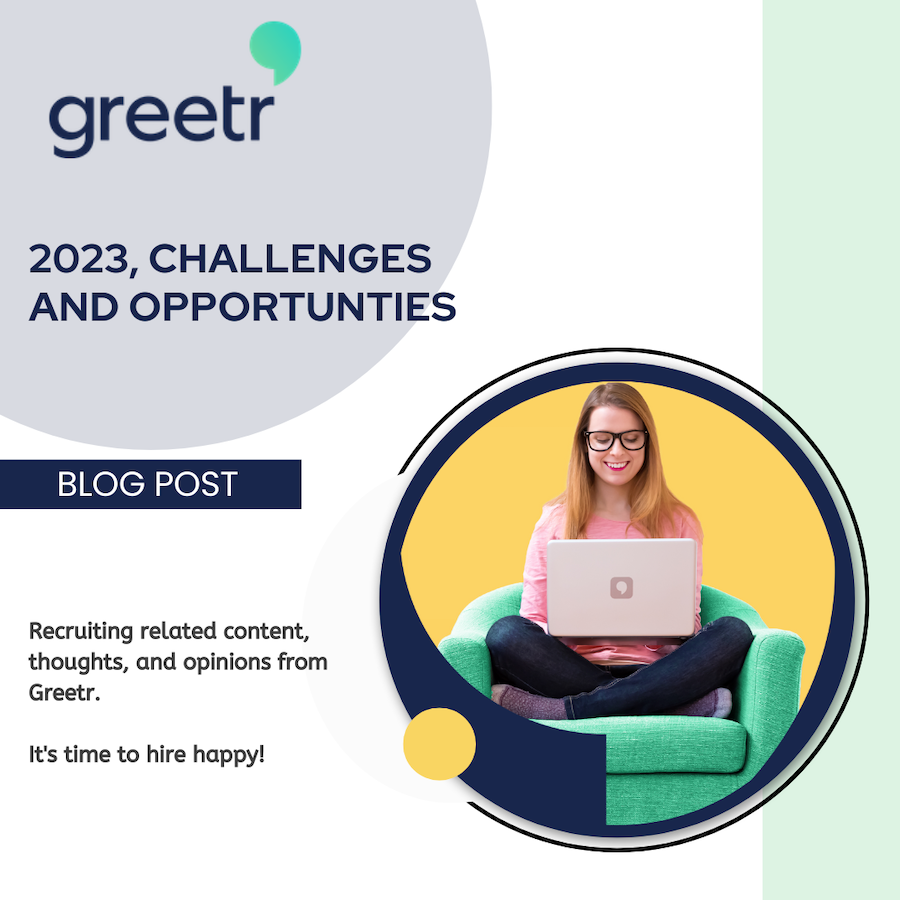Will 2023 be a down year for hiring?
What We Know So Far
We don’t know for sure that 2023 will be a down year for hiring. We do see a lot of headlines about layoffs, and Dr. John Sullivan has shown surveys that recruiting and hiring will drop to Priority No. 8 from Priority No. 2 on HR-area priority lists. It seems like the sky could be falling, especially if inflation stays high-ish and there’s a broader recessionary environment in 2023. And if hiring isn’t on the table, does that mean recruiter jobs are on the line too?
No.
Here’s some of what is happening that doesn’t get as much attention:
- There are some notable layoffs, yes, but a lot of those are happening in tech. Within tech, it’s worth considering whether it’s truly layoffs or moreso a “right-sizing,” but that’s a topic for another day. (In general, there was a decade of rapid tech growth with relatively easy access to capital. With some belts tightened, some positions that perhaps never needed to exist are now, well, not existing.)
- You are seeing a decline in the contingent recruiter workforce. That typically means recruiters are doing more top-of-funnel work, i.e. sourcing. But in general, with less contingent recruiters, existing in-house recruiting teams are needing to do more with less.
Overall, the job market seems strong actually and employers (maybe not tech) will be fighting to get people in the door in 2023. Private sector and government hiring could both be strong. So no, it’s not necessarily a down year for hiring. (But we reserve the right to be wrong, of course.)
The elephant in the modern hiring room
Most companies have gotten good to very good at “Click to Apply” models. One-click applications are great for convenience but don’t typically achieve much in the way of top-flight candidates (for the employer) or a good candidate experience (for the candidate).
A deeper connection to the overall hiring process is very rare. By “deeper connection,” we mean a model where candidates get the right experience off the bat, and employers get the type of people they need applying, as opposed to 500 random, probably unqualified applications they need to deal with.
This has unfortunately been a problem at many organizations for a decade, if not more. Recruiting can feel obsessed with tasks and check-boxes as opposed to really fulfilling its mission for the business, which is quality people who still stay five+ years in the role (or advance to a new role but stay with the company).
What will the candidate experience look like in 2023, then?
Remember: we don’t think the job market will be that bad. But let’s entertain both scenarios.
A good job market for most sectors: Candidate experience remains a primary focus for recruiting teams. Despite inflation in the back half of 2022, huge amounts of workers quit their jobs, across multiple sectors. Now, that often speaks to poor front-line management, i.e. the person that the quitting employee reported to wasn’t a good manager. When those people re-enter the job market (which they tend to, especially as goods/services cost more), they have their radar up immediately for signs of a bad culture, which tends to perpetuate and advance bad managers. One or two crappy interactions means they’re out of your pipeline and focused somewhere else. COVID didn’t necessarily “fundamentally reshape work,” although it did change a lot of people’s perceptions about the role of work in their day-to-day life. They won’t tolerate as much garbage, and that starts at the candidate phase.
A bad job market: In a bad job market, some power goes back to the employer, because people might find themselves in situations where they need work, and when you need work, you’re less picky about the experience you’re going through. However, all the other changes in our approach to work still apply, and all the other focus on candidate experience we’ve seen over the last decade still applies. If you treat candidates poorly, even in a subpar job market, they’ll go kick tires somewhere else. There’s a “life is too short” attitude in the market here.
It should also be noted that a bad candidate experience travels quickly. Our founder’s son had a bad experience with a financial services firm. Less than a week later, our founder walked upstairs and saw his son on a video game link with 18-20 friends. As they played, they were discussing how awful that particular experience with that particular firm was. There’s a good chance that the firm lost access to 18 applicants because of one bad experience. It scales quickly.
How will Greetr fit in?
As we continue to launch, we’re going to help brands reach candidates in personalized ways, with purpose-driven content. Too much candidate-level communication is generic, and impersonal and doesn’t truly explain the role or the broader culture. These discussions often get deferred to (also) impersonal Careers pages, which serve as more of a compliance box-check than a real window into the organization. As candidate experience becomes more of what candidates actually want (more on what exactly that is in future posts), organizations will be able to keep the best people – the smartest and most curious – in their pipeline until the offer. That’s a huge competitive advantage, regardless of the ‘23 hiring market macro trends.
 By
By


